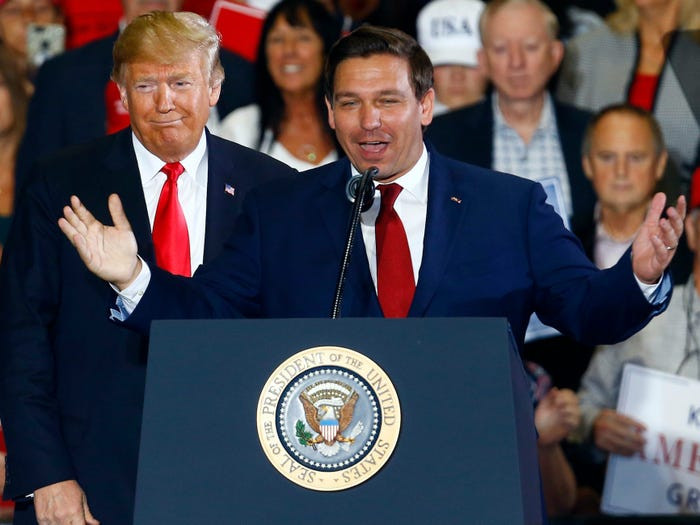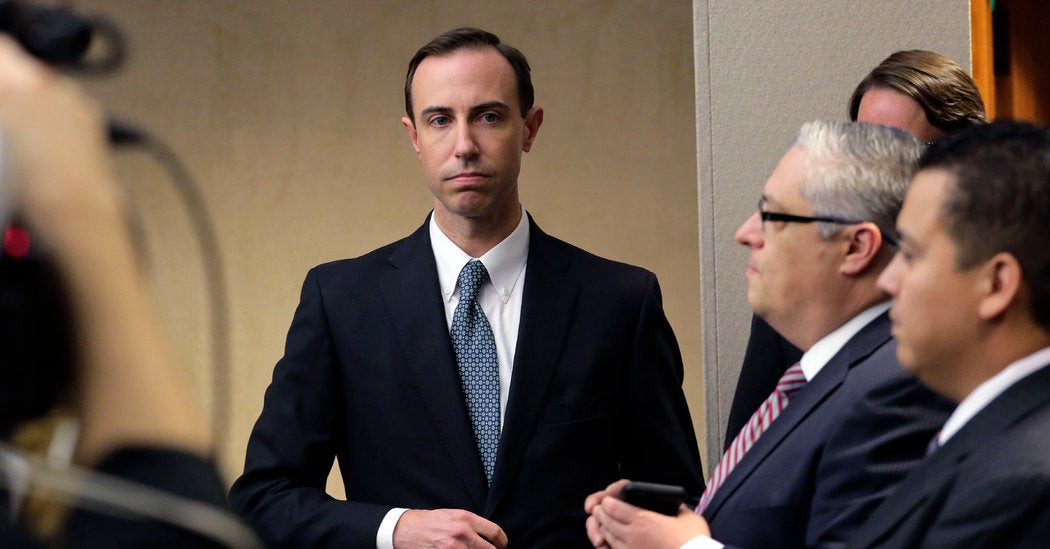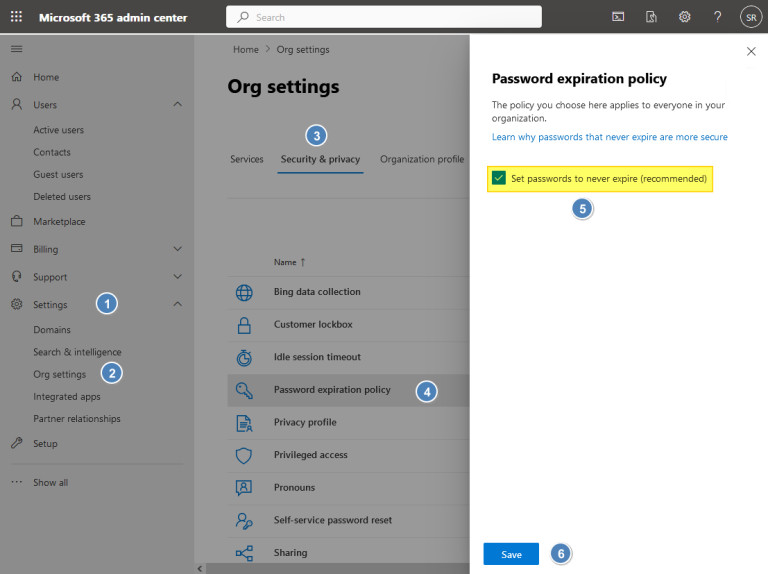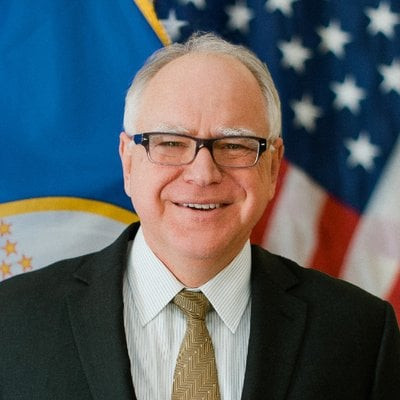Trump's Furious Response to Bishop Budde's Plea for Mercy
The inauguration of Donald Trump’s second term was marked by an unexpected clash between faith and politics. During the interfaith prayer service at Washington National Cathedral, Bishop Mariann Edgar Budde delivered a powerful sermon that directly addressed the new president, urging him to show compassion towards vulnerable groups. Her words, which went viral almost immediately, triggered a furious response from Mr. Trump.
This event has ignited a heated national debate, highlighting the deep divisions within American society on issues of immigration, LGBTQ+ rights, and the role of religion in public life. The controversy surrounding Bishop Budde’s sermon also sheds light on the complex relationship between faith leaders and political power, prompting questions about the boundaries of religious expression in a political context.
Bishop Budde's Powerful Message
Bishop Budde's sermon was a direct appeal to President Trump's conscience. She began by stating, “Let me make one final plea, Mr. President. Millions have put their trust in you,” before urging him to “have mercy upon the people in our country who are scared now.” She specifically mentioned gay, lesbian, and transgender children, expressing concern for their safety and well-being. She further emphasized the contributions of asylum seekers, immigrants who, she noted, “pick our crops and clean our office buildings,” highlighting their vital roles in the American economy. Her call for compassion resonated with many, but drew the ire of others, particularly within the Republican party.
The Significance of Her Words
Bishop Budde's remarks were significant not just for their direct address to the President but also because they were made during the context of Trump’s early executive orders targeting immigrants and LGBTQ+ communities. These orders included a rollback of transgender rights and stricter immigration policies that sparked widespread protests. The bishop's impassioned words acted as a powerful counterpoint to these policies and served as a reminder of the moral obligations of leadership. The bishop's message struck a chord with many who felt that the President's policies were unjust and inhumane. In essence, her sermon served as a powerful call for moral leadership in times of political division.
Trump's Condemnation and the Outrage That Followed
President Trump’s response to Bishop Budde’s sermon was swift and scathing. In a post on Truth Social, he labeled her a “radical left hardline Trump hater” and criticized her tone as “nasty” and “not compelling or smart.” He further argued that the service was “boring and uninspiring,” adding that she “and her church owe the public an apology.” This sharp rebuke ignited a firestorm of controversy, with many criticizing Trump for his attack on a religious leader who had simply expressed her concerns about his policies. In addition, Congressman Mike Collins went further, suggesting that she should be added to a deportation list, a remark that sparked widespread condemnation for its inflammatory rhetoric. The incident exposed a growing rift within American society. This event served as a poignant demonstration of the intensely polarizing nature of contemporary American politics, where even simple expressions of religious concern can become highly contentious.
The Broader Context of the Controversy
The controversy surrounding Bishop Budde's sermon is not an isolated incident. It reflects deeper societal divisions and political polarization. Trump's immediate dismissal of her concerns underscores the challenges faced by those who try to bridge political divides with a message of empathy and inclusion. Her sermon served as a powerful reminder of the fundamental values of compassion and human dignity. It also brought to the forefront the persistent tensions surrounding immigration and LGBTQ+ rights in the United States. The incident serves as a cautionary tale about the potential for political differences to escalate into personal attacks, even within the context of a religious service. Many found this attack on Bishop Budde to be a blatant disregard for both religious freedom and respectful discourse. The intensity of the backlash against Trump's statement highlights the importance of maintaining respectful dialogue, even amidst disagreement on significant policy matters.
Who is Bishop Mariann Edgar Budde?
Mariann Edgar Budde, the Episcopal Bishop of Washington, has a long history of outspoken advocacy for social justice. Before assuming her current position, she served as rector of St. John's Episcopal Church in Minneapolis for 18 years, where she grew the congregation significantly. She is known for her commitment to issues such as racial equity, gun violence prevention, immigration reform, and LGBTQ+ rights. She has also been a vocal critic of President Trump's past actions, publicly condemning his handling of the George Floyd protests and his use of St. John's Church as a political backdrop. Bishop Budde’s long-standing commitment to social justice is evident in her works. She has authored several books on faith and social responsibility, and her sermons are often published in religious journals and books. This extensive background informs her powerful call for mercy and justice. Bishop Budde’s actions demonstrate a deep understanding of both her faith and its implications in addressing contemporary political issues. Her advocacy highlights the intersection of faith and social activism. She is an example of a religious leader actively engaging with urgent social concerns of the present time.
The Bishop's Continued Advocacy
Bishop Budde's actions demonstrate her consistent commitment to social justice and her willingness to challenge those in power. Her vocal criticism of Trump's past actions and her plea for mercy during his inauguration show a steadfast commitment to her beliefs and a willingness to engage in civil discourse in the face of adversity. This has cemented her place as a prominent voice for social justice in the United States. The controversy that arose from her sermon only serves to reinforce her dedication to standing up for marginalized communities and speaking truth to power. This is likely to remain part of her legacy as a committed and courageous leader in both her church and broader community.
A Nation Divided: The Lasting Impact of the Inaugural Sermon
Bishop Budde's sermon and President Trump's subsequent response highlight the deep divisions within American society. This incident serves as a stark reminder of the complexities and challenges of balancing faith, politics, and social justice. The sermon delivered by the Bishop at the Inaugural Prayer Service exposed a sharp divide in values and principles regarding the treatment of immigrants and vulnerable communities. It underscored the challenges of achieving unity and understanding in a deeply polarized political climate. This event is unlikely to fade quickly from public memory. It remains as a potent symbol of the clashes that exist between political ideologies, faith, and compassion in modern-day America. The aftermath of this event is likely to shape the political discourse for a considerable period. The divisions highlighted will continue to influence public debate and policy discussions for years to come. The future will show whether it serves as a catalyst for productive conversation or further entrenchment of political divisions.

















